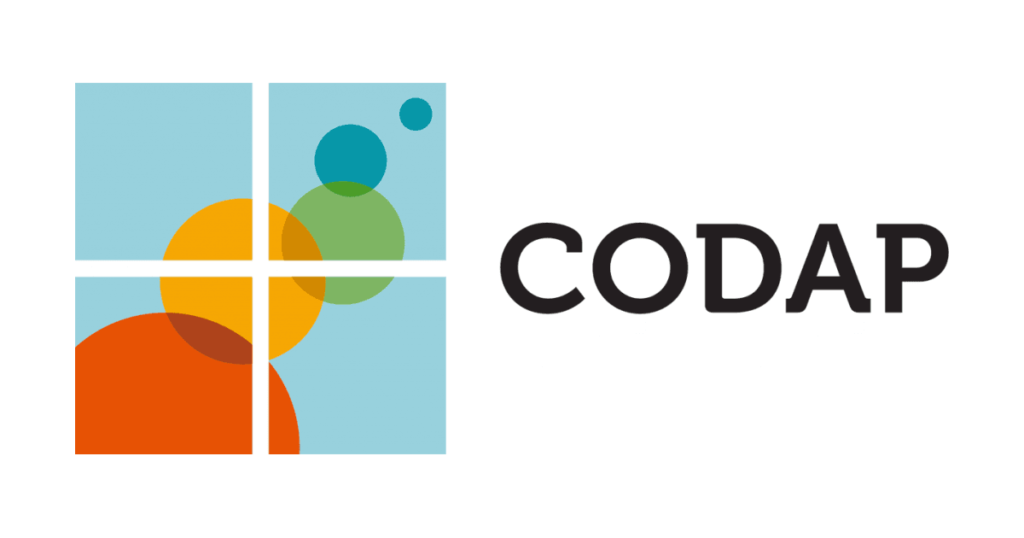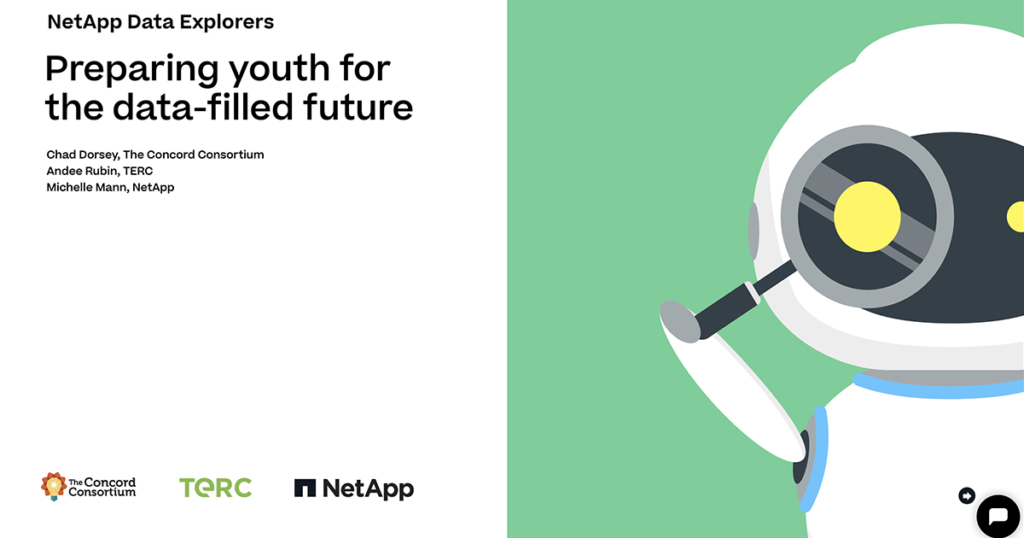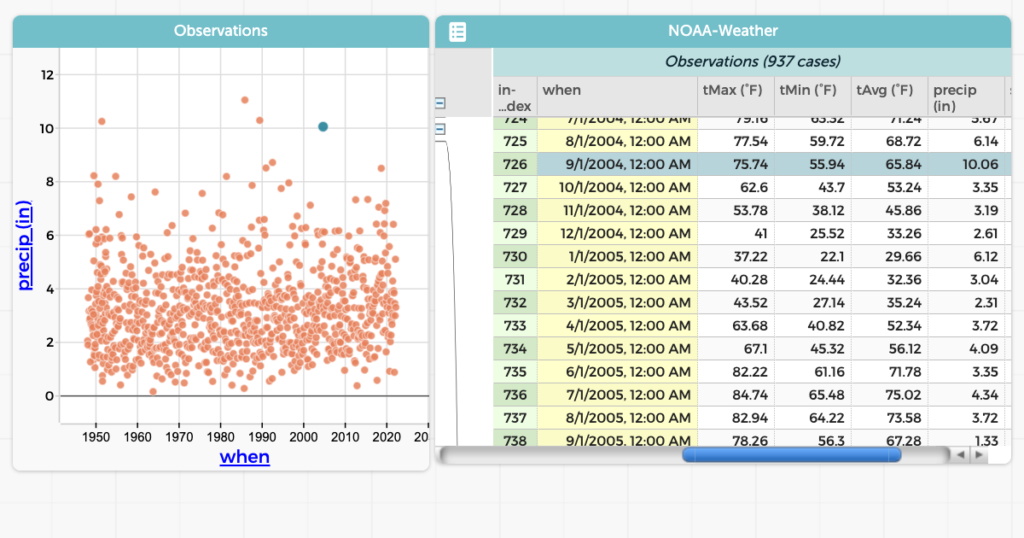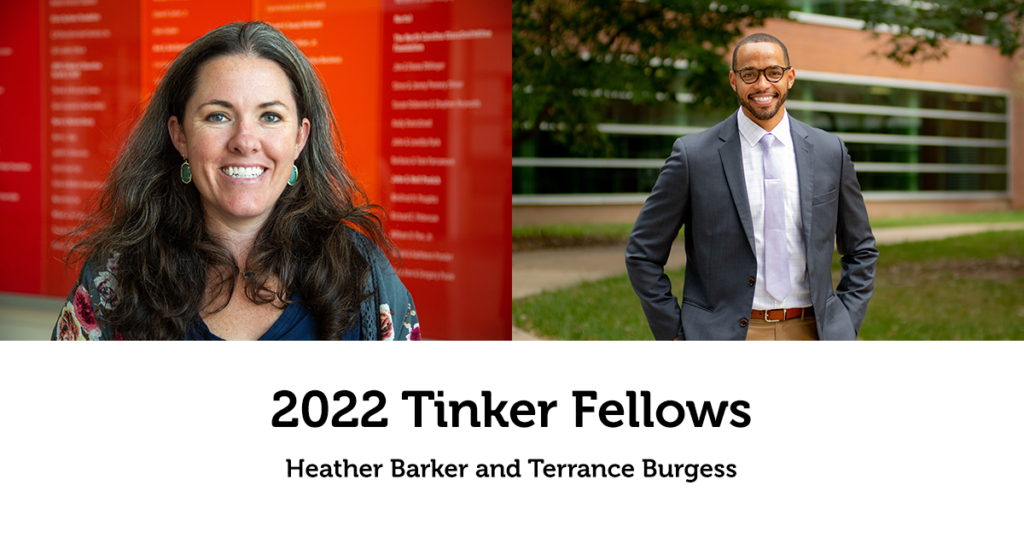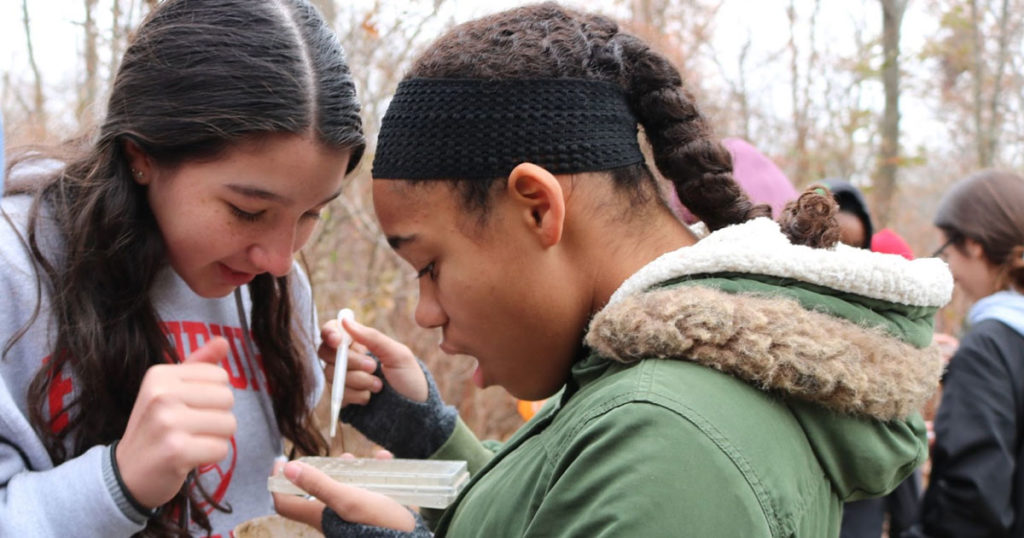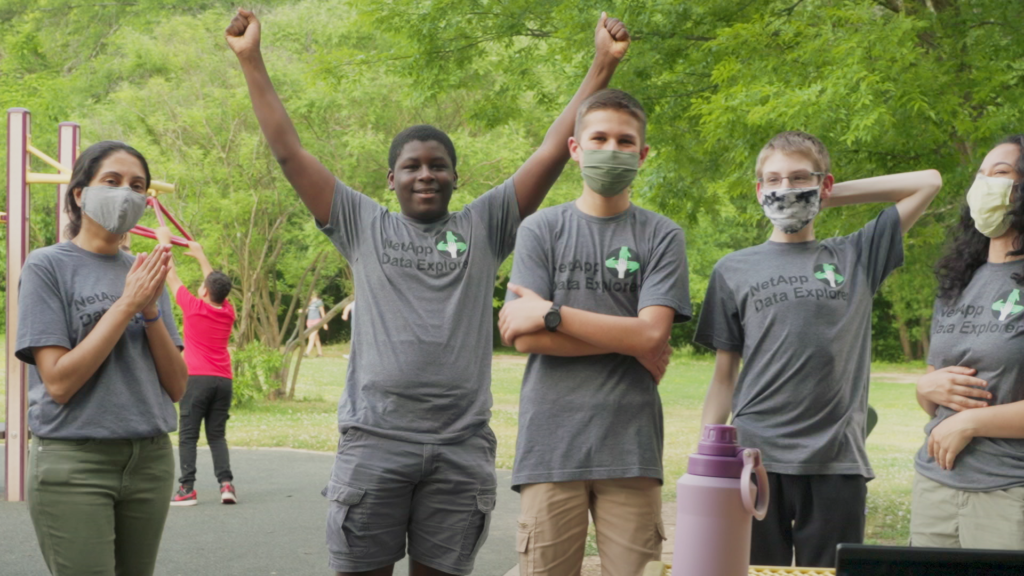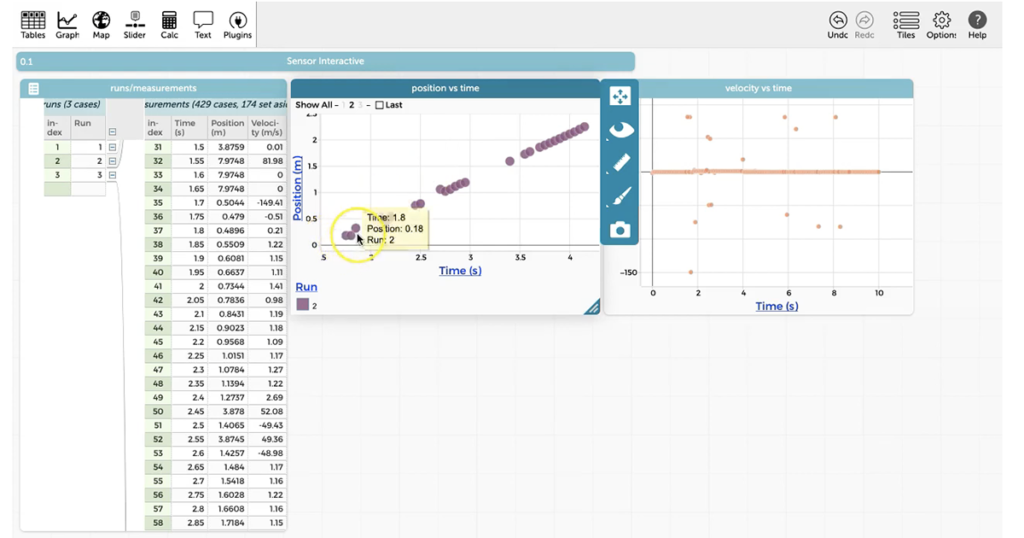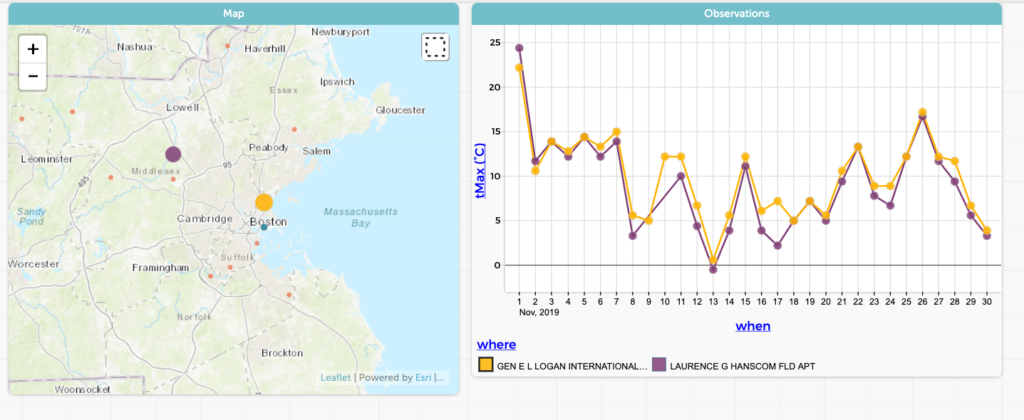Category: Tag: CODAP
Devin Finzer learned the value of data exploration and visualization early. His father, Bill Finzer, led the Fathom Dynamic Data Software development team at KCP Technologies and has been leading the development of the Common Online Data Analysis Platform (CODAP) at the Concord Consortium since 2014. Thanks to Devin Finzer’s generous gift of nearly $2 […]
A new report details the successes of an afterschool program designed to engage and empower underrepresented teens in using data to explore issues of societal importance. Coauthored by Concord Consortium president and CEO Chad Dorsey, Andee Rubin of TERC, and Michelle Mann of NetApp, Preparing youth for the data-filled future (PDF) describes essential takeaways for […]
In the WeatherX project, a collaboration involving EDC, Mount Washington Observatory, the University of Washington, and the Concord Consortium, we engage middle school students with weather data and weather science. We concentrate on extreme weather, of which there is plenty on Mount Washington. But, of course, every part of the world experiences extreme weather at […]
The theme for this year’s Robert F. Tinker Fellows Program, which aims to promote innovation, creativity, and cross-disciplinary conversations, focuses on inclusion, equity, and access in STEM education. We are delighted to announce two Tinker Fellows in 2022. Heather Barker will create data exploration activities for students from middle grades through introductory statistics college courses […]
We recently revised our mission and vision statements, and described our efforts to address issues of diversity, equity, inclusion, and justice in several of our research projects. We know that this was only a beginning. As we said, “We are still learning how to design science, technology, engineering, and mathematics resources that are more socially […]
In the fall of 2020, 100 students ages 11 to 15 years old in Bangalore, India, logged into Zoom to learn how to work with data—data that could change their lives and those of their communities. Halfway around the world, 20 students in Durham, North Carolina, also investigated data in an afterschool program in the […]
With data all around us — from personal data about our sleep patterns, playlists, and purchases to scientific data about climate change and the COVID-19 pandemic — teachers and their students need to be able to navigate numbers and become fluent with data. Data fluency includes understanding the sources of data, structuring data for analysis, […]
The Next Generation Science Standards (NGSS) describe eight science and engineering practices with the goal of having students engage in authentic science practices. Although many teachers are committed to three-dimensional NGSS teaching, doing so remotely during a pandemic was challenging, especially with 20, 30, or more students on Zoom, and without access to labs. At […]
The ongoing COVID-19 pandemic is providing an unprecedented amount of health and social science data, and serves as a compelling starting point to engage in data science activities. A new project funded by the Innovative Technology Experiences for Students and Teachers (ITEST) program at the National Science Foundation is designed to empower young people to […]
We experience weather every day. And it’s often the easiest icebreaker to start a conversation—“What’s the weather like in your neck of the woods?”—since weather is, well, everywhere! We know a lot about weather, too, thanks to datasets collected by the National Oceanic and Atmospheric Administration (NOAA). The NOAA database includes data from thousands of […]
